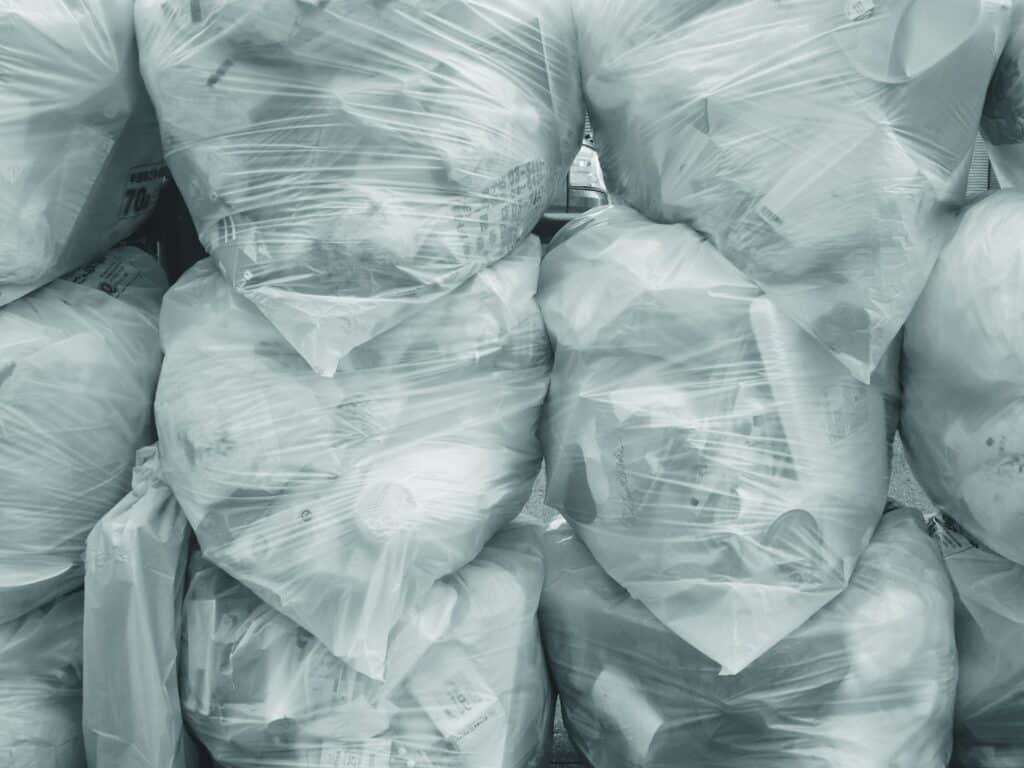In the bustling world of business, managing waste efficiently and responsibly is a challenge that often goes unnoticed. Yet, it’s a critical aspect that can impact both the environment and a company’s bottom line. In this article, we’ll explore what constitutes commercial waste, how it’s collected, and the various methods of disposal.
What Is Commercial Waste?
Commercial waste is any waste produced by businesses during their daily operations. This includes waste from shops, offices, factories, and even waste generated by tradespeople. Unlike domestic waste, commercial waste often encompasses a broader range of materials, from everyday rubbish to specialised industrial by-products. The first step in effective waste management is recognising the types of waste a business produces, as this determines the collection and disposal methods required.
The complexity of commercial waste lies in its diversity. It can range from paper and packaging materials to electronic waste and hazardous substances. Each type of waste requires a unique approach for disposal, governed by strict regulations to ensure environmental safety and corporate compliance. Understanding these categories is crucial for businesses to manage their waste effectively, legally and ethically.
The volume of commercial waste can vary significantly from one business to another too, influenced by the nature of the business and its operational scale. Large manufacturing plants, for instance, generate more waste and of different types compared to a small retail store. This variability necessitates tailored waste management solutions for different businesses.
How Is Commercial Waste Collected?
The collection of commercial waste is a structured process, tailored to the specific needs of each business. It typically involves a combination of scheduled collections and bespoke services, ensuring that waste is removed efficiently and in compliance with regulatory requirements. Businesses often enter into contracts with waste management companies that provide specialised bins and containers for different types of waste, ranging from general refuse to recyclables and hazardous materials.
The frequency of collection depends on several factors including the volume of waste generated, the type of business, and the capacity for on-site waste storage. Some businesses require daily collections, while others may only need a weekly service. The key is to strike a balance between maintaining a clean and safe working environment and optimising collection schedules for cost-effectiveness.
Waste management companies often offer additional services such as confidential waste destruction or specialised disposal of hazardous materials. These services ensure that sensitive materials are handled appropriately, and that hazardous waste is disposed of in a way that minimises environmental impact.
How Is Commercial Waste Disposed Of?
Once collected, the disposal of commercial waste varies depending on the type of waste and local regulations. Traditional methods include landfilling and incineration. Landfilling, while widely used, has significant environmental impacts, including greenhouse gas emissions and potential soil and water contamination. Incineration, on the other hand, reduces the volume of waste but raises concerns about air pollution and energy consumption.
In recent years, there has been a shift towards more sustainable disposal methods. Recycling plays a crucial role, allowing materials like paper, glass, metals, and plastics to be reprocessed and reused. Composting organic waste is another eco-friendly option, transforming food scraps and green waste into valuable compost for agricultural and landscaping use.
Furthermore, some waste can be repurposed through recovery processes, such as converting waste to energy. This not only diverts waste from landfills but also generates renewable energy, contributing to a circular economy where waste is not just disposed of but reused in a beneficial way.
Can Commercial Waste Be Disposed Of In A More Environmentally Friendly Way?
Absolutely. The evolution of waste management practices has paved the way for more environmentally friendly disposal methods. Companies like DCW are leading the charge with our zero-to-landfill policy, ensuring that all waste collected is either recycled, reused, or converted into energy.
This approach is not just about reducing the environmental impact of waste disposal; it’s also about fostering a culture of sustainability within the business community. By adopting eco-friendly waste management practices, businesses can minimise their carbon footprint, contribute to a healthier planet, and often find cost savings through efficient recycling and waste reduction strategies.
Our zero-to-landfill policy is a testament to the fact that environmental responsibility and business efficiency can go hand in hand. It reflects a commitment to sustainable development, encouraging businesses to rethink their waste management practices and recognise a greener solution.
Get Help Managing Your Commercial Waste
DCW offers not just a service but a partnership for our clients across the South West. We understand the unique challenges and needs of businesses in this region and provide tailored solutions that align with both your operational requirements and environmental responsibilities.
Our expertise in handling diverse types of waste, combined with our commitment to innovative and sustainable disposal methods, makes us an ideal partner for businesses seeking an efficient and environmentally friendly commercial waste management company.
